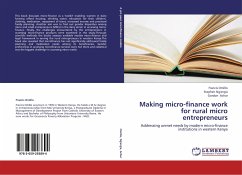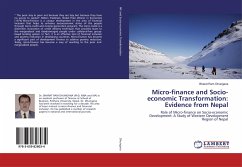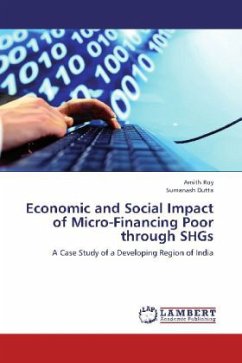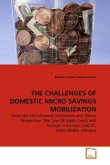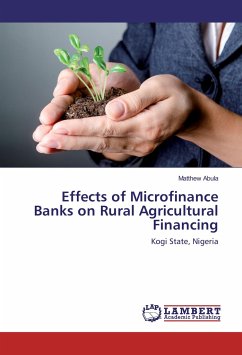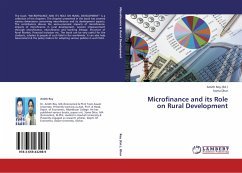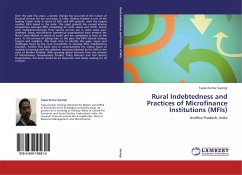This book discusses micro-finance as a 'toolkit' enabling women in dairy farming afford housing, drinking water, education for their children, clothing, medication, repayment of loans, increased income and practiced family planning. Another aim was to find out gender disparities among micro and small entrepreneurs (MSEs) in the dairy sector in accessing micro-finance. Finally, the challenges encountered by the entrepreneurs in accessing micro-finance products were examined in the study.Through scientific methods the books assesses available models micro-finance and legal framework in serving the rural entrepreneurs in western Kenya.The book also revealed that microfinance has not significantly addressed family planning and medication needs among its beneficiaries. Gender preferences in accessing microfinance services were not there and collateral was the biggest challenge in accessing micro-credit.
Bitte wählen Sie Ihr Anliegen aus.
Rechnungen
Retourenschein anfordern
Bestellstatus
Storno

